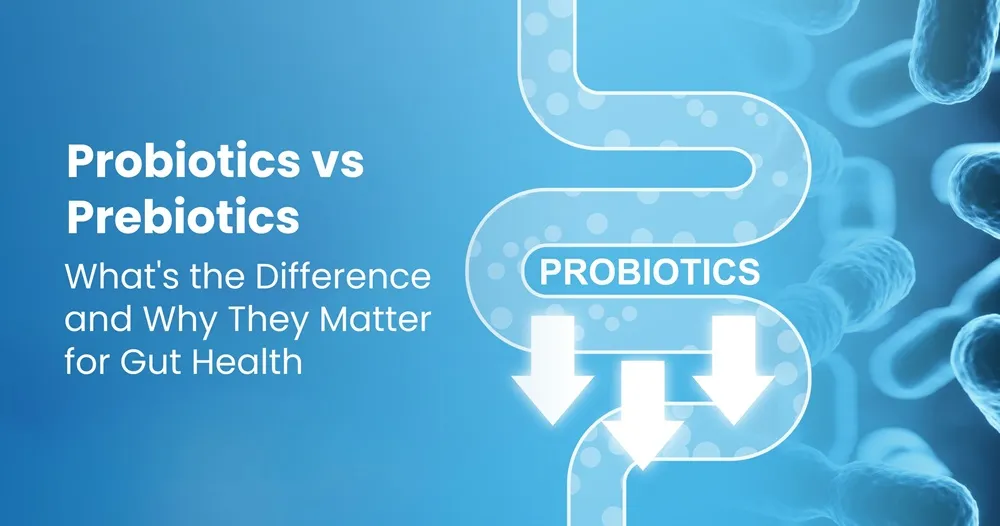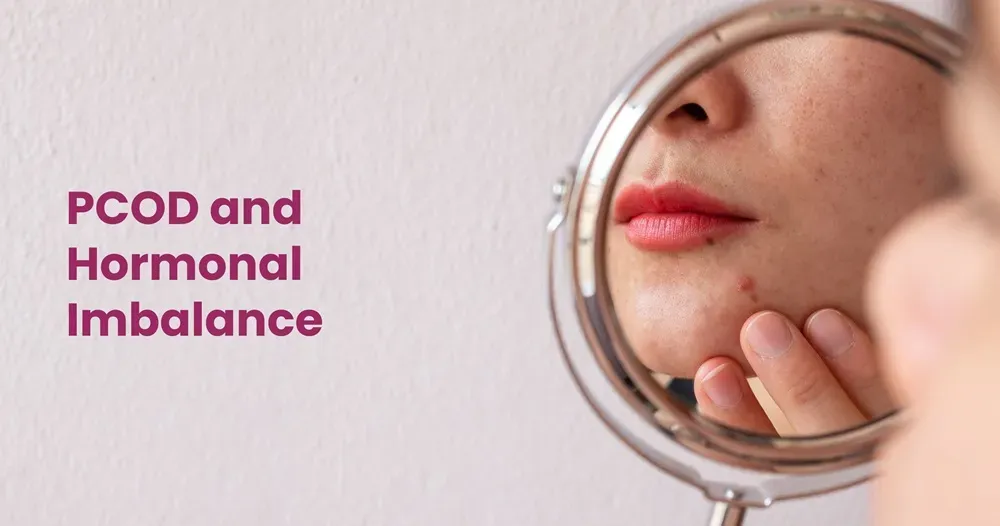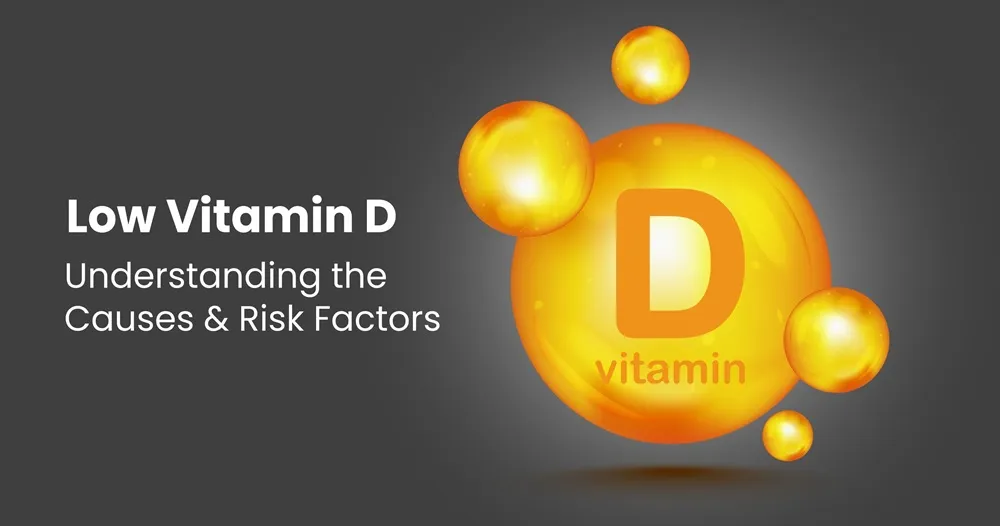World Food Day
Oct 14, 2021

Every day on the 16th of October, we celebrate World Food Day to commemorate the founding of United Nations Food and Agricultural Organization in 1945. The goal being to make efforts to combat hunger, make sustainable and healthy diets affordable and available to all.
It is the day when we raise awareness about the ones who can’t afford such privilege of having ample food choices. Starvation is a massive problem in several countrieswhere many struggle to even put food on the table. The main principle which World Food Day stands for is to ensure food security, especially at times of crisis.
With time changing so has our eating habits and diets changed due to urbanisation, globalisation, and the rise of disposable income and this has had a major impact leading to new ways to ensure adequate nutritious diet available for everyone.
A nutritious diet consists of a good balance of carbohydrates, proteins, fat, fibre, vitamins, and minerals, all of which are necessary to keep you healthy and keeps you on par with the recommended daily calorie intake.
Vitamins are natural substances produced through plants or animals. They frequently are called "essential" due to the fact they're not synthesized in the body (besides Vitamin D) and come from food.
plants or animals. They frequently are called "essential" due to the fact they're not synthesized in the body (besides Vitamin D) and come from food.
Minerals are inorganic elements that originate from rocks, soil, or water.
Vitamins are of two types:- Water Soluble and Fat Soluble.
Water Soluble and their sources- (B-1, B-2, B-3, B-5, B-6, B-7, B-9, and B-12)
Meat, Milk, Cheese,Grains and Cereal, Fish, Citrus fruits, Potatoes are some examples of the food sources for the above Vitamins.
Fat Soluble- Vitamin A, D, E, and K
Green leafy vegetables, Nuts, Eggs, Milk, Beef, and Mangoes are some examples of their food sources.
Other than having a well-balanced diet, your body too has certain requirements for it to function properly, one of which is having adequate cholesterol. If there is too much cholesterol, then it sticks to the walls of the arteries narrowing them or even blocking blood flow which puts you at risk of coronary artery or any other heart disease.
To live a heart-healthy lifestyle it is advised to: -
- Choose healthier fats- Fats can be divided into two, dietary and saturated fats. It is best to not have more than 25-35% of your daily calorie intake from dietary fats, similarly less than 7% from saturated fat. It is recommended to reduce on saturated fat because it raises your LDL (bad cholesterol) which can found in some meats, dairy products, and chocolate. Being overweight can raise your LDL (bad cholesterol) and lower your HDL (good cholesterol) which can lead to increased chances of high blood pressure.
- Eat plenty of fruits and vegetables.
- Eat fish that is high in omega-3 fatty acids- They will protect your heart from blood clots and inflammation thereby reducing the chances of heart attacks.
- Limit intake of Alcohol.
- Limit intake of salt in meals.
Consult our doctors online from Apollo Diagnostics for more information on related topics and guarantee a healthy diet and lifestyle which is free from problems caused by cholesterol or any other health issue this World Food Day.
Related Blog Post
Blog Categories
- Child Health
- Mens Health
- Women's Health
- Mental Health
- Health Myths & Facts
- Fitness
- Nutrition/Recipes
- Remedies
- Weight Management
- Stress Management
- Health Supplements
- Addiction Management
- Disease Management
- Allergy
- Anemia
- Arthritis
- Asthma
- Autoimmune Diseases
- Blood Pressure
- Cancer
- Deficiencies
- Dengue/Malaria/Chikungunya
- Diabetes
- Eye Problems
- Heart Diseases
- Hepatitis
- HIV/AIDS/STD
- Hormonal Imbalance
- Infection/Flu/Viral
- Kidney
- Liver
- Menstrual Problems
- Pregnancy
- Skin & Hair Problems
- Stomach Ailments
- Thyroid
- Others
- Health Checkups
- Diagnostics/Pathology
- Lifestyle & Wellness
- Covid
- Medical Tests
- Cholesterol
- Health Tips
- Parent Care/Old Age
- Lungs
- Food Intolerance








